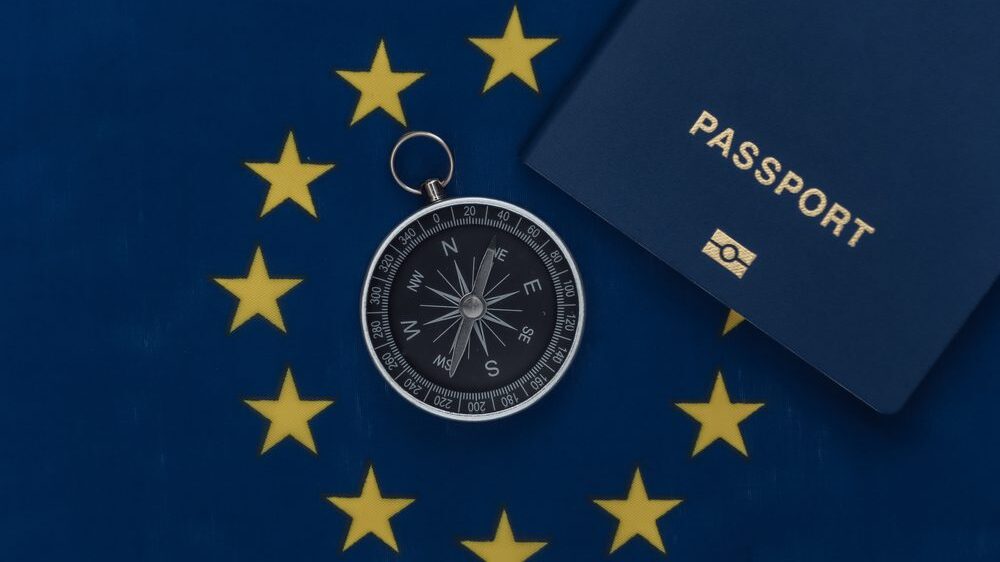
Migration registered the largest six-month increase and is now the third biggest challenge facing the EU in the view of its citizens, according to the latest Eurobarometer survey published by the Commission on Monday, July 10th. The cost of living crisis continues to be Europeans’ number one concern, while climate change is only in fourth place.
The latest edition of the EU’s official biannual survey, carried out in June, involved over 26,000 people in all member states, who were asked about a long range of issues pertaining to governance in their home countries and in Brussels.
Although the overall figure slightly decreased since the last Eurobarometer in January, “inflation/cost of living” is still identified by 45% of responders as one of the two most important issues facing their own countries.
When asked about the EU itself, inflation still tops the chart at 27% (down from 32%) and the “international situation” (meaning the war in Ukraine) remained in second place with 25% (losing 3 points).
Environmental issues and climate are now at fourth place with 22% (+2 points), while migration gained the biggest, 7-point increase, stepping into third position at 24%. The former third, energy security, has dropped to 5th place with a ten-point decrease.
Despite inflation being identified as the biggest threat, the general support for the single currency among the euro-zone citizens remains high, dropping only one point down to 78%.
In non-euro area countries, 58% of respondents would support the adoption of the euro, which is a curious number, considering that only 53% think that joining the euro zone would have positive consequences on their country.
The EU’s overall economic perception slightly improved. Now more people think that Europe is in a good economic situation (45%) than not (44%). But to add a bit of nuance, only 40% of people rate the economic situation in their home country as good, and 58% say it’s bad.
Overall, most EU citizens would support a more robust and centralized EU defense policy. For instance, 80 of the respondents think that cooperation in defense matters should be increased, 77% think that military procurement should be more centralized, 69% agree that the EU should ramp up weapons production, and 66% think that the EU should spend more money on defense-related issues.
Regarding Ukraine, 72% continue to back economic sanctions on Russia, but only 64% are behind the continued military support of Ukraine, and only slightly more than half, 56%, are satisfied with the EU’s response to the war in general.
Most Europeans also support Brussel’s renewed attempts to increase its global influence. For instance, 77% of all EU citizens think Europe should increase and deepen bilateral partnerships around the world, with France being the least open to the prospect at 64%.
Similarly, 69% think the EU has sufficient power and tools to defend Europe’s economic interests globally, with France—again—being the only country where fewer people (49%) trust Brussels than those who don’t.
Interestingly, the overall level of trust in the EU among candidate countries has risen everywhere, by an average of 5 points, with the largest six-month increase being registered in Turkey at 12 points.
However, the majority of citizens in these countries still mistrust Brussels in all but two cases, Albania and Montenegro, where public trust stands at 77% and 54%, respectively.
In other countries, trust in the EU and its institutions remains less than half. North Macedonia stands at 48%, followed by Moldova (44%), Turkey (41%), and Serbia (32%).
The general view of the EU remains stable, with 45% of its citizens expressing a somewhat positive view, 37% being neutral and 18% seeing it negatively.
Moreover, 63% of EU citizens are somewhat optimistic about the future of the bloc, which is a one-point increase since January, while 34% remain pessimistic.
